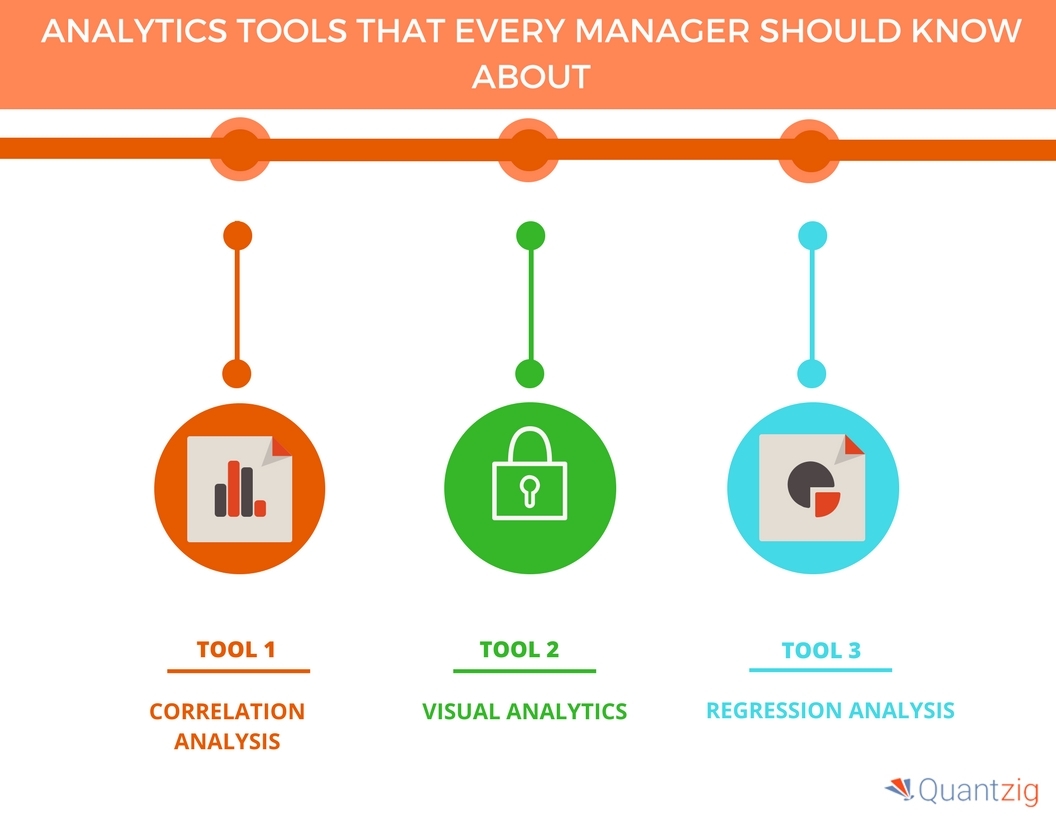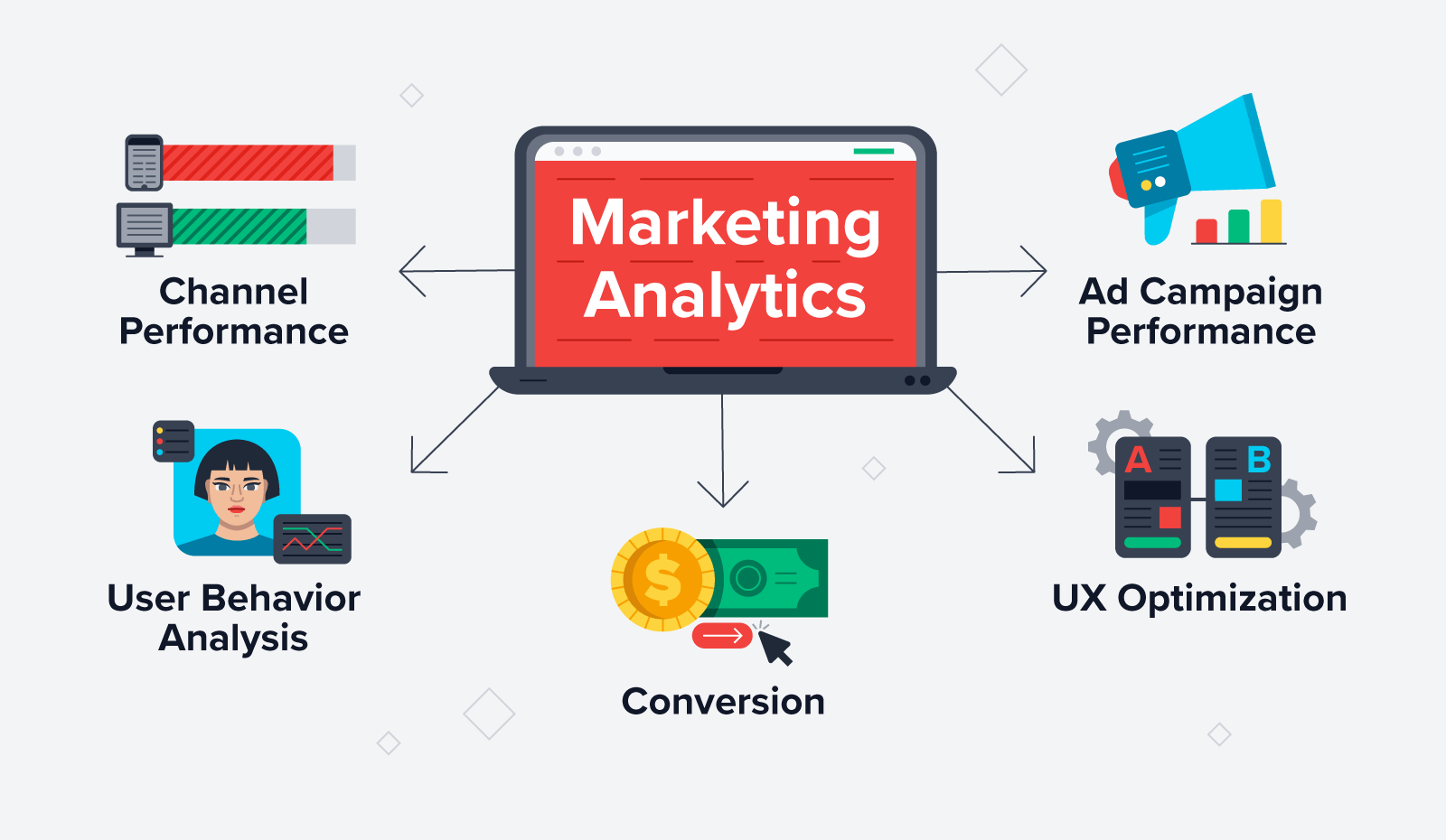Improve Your Workflow with Intelligent Analytics Solutions
Improve Your Workflow with Intelligent Analytics Solutions
Blog Article
Boost Efficiency and Earnings Via Information Analytics
In today's data-driven landscape, organizations are increasingly acknowledging the pivotal role of data analytics in improving functional effectiveness and success. By systematically examining information, companies can reveal vital understandings that inform strategic choices, improve procedures, and dressmaker client experiences (Analytics). The difficulty exists not only in the application of these logical tools but also in recognizing exactly how to equate information into workable end results. As we discover the nuances of efficient data-driven techniques, the ramifications for both temporary gains and long-term success come to be significantly clear. What might these understandings expose for your organization?
Comprehending Information Analytics
In today's data-driven landscape, understanding data analytics is important for organizations aiming to improve operational performance and drive profitability. Data analytics entails the methodical computational evaluation of information sets to uncover patterns, relationships, and understandings that inform decision-making. By employing different techniques, such as statistical evaluation, artificial intelligence, and predictive modeling, companies can change raw data into actionable knowledge.
The process typically begins with information collection, where pertinent information is gathered from multiple sources, consisting of transactional databases, customer interactions, and market trends. This data is after that cleansed and arranged to make sure accuracy and uniformity. Once the data is prepared, logical devices and software application are utilized to discover and envision the details, allowing stakeholders to determine anomalies and patterns.
Eventually, understanding information analytics empowers companies to make enlightened decisions based on empirical evidence instead than instinct. It facilitates targeted approaches that can maximize resource allowance, boost consumer contentment, and boost total efficiency. As companies significantly recognize the value of data-driven insights, a solid grasp of data analytics becomes a vital expertise for leaders and groups alike, placing them for continual success in an affordable environment.

Trick Benefits for Companies
Services that utilize information analytics can unlock a multitude of benefits that considerably enhance their operations and productivity. Among the key advantages is enhanced decision-making. Information analytics gives workable understandings stemmed from real-time data, allowing businesses to make informed options that straighten with market needs and consumer choices.

In addition, information analytics fosters enhanced customer experiences. By comprehending customer actions and choices, services can customize their offerings, resulting in increased fulfillment and commitment. This customized method usually leads to higher conversion rates and repeat organization.
Additionally, information analytics makes it possible for businesses to recognize emerging patterns and opportunities. By remaining ahead of the curve, organizations can profit from brand-new markets and technologies prior to their competitors.
Implementing Data-Driven Strategies
Effective implementation of data-driven approaches requires a thorough understanding of both readily available information and organizational objectives sources. Organizations has to initially define their purposes clearly, ensuring positioning between data campaigns and tactical purposes. This quality allows teams to concentrate on appropriate metrics and insights that drive decision-making.
Top notch data is necessary for exact evaluation, as inadequate information can lead to illinformed approaches and wasted resources - Analytics. Organizations must develop procedures for data collection, cleansing, and administration to maintain information stability.
In addition, cultivating a data-driven culture is essential. Workers at all levels should be urged to leverage data in their day-to-day operations. Training programs and workshops can enhance data literacy, equipping personnel to make educated decisions based upon logical insights.
Tools and Technologies Overview
A robust collection of devices and technologies is essential for companies aiming to harness the complete possibility of data analytics. These tools facilitate the collection, processing, and visualization of data, making it possible for organizations to derive workable insights.
At the foundational degree, information monitoring platforms such as SQL databases and NoSQL systems supply efficient information storage and access abilities. For information processing and evaluation, programs languages like Python and R, together with frameworks such as Apache Flicker, enable complicated computations and device knowing applications.
Visualization devices, including Tableau and Power BI, transform raw data right into intuitive visual layouts, making insights easily accessible to stakeholders at all levels. Additionally, cloud-based systems like Google Cloud and AWS offer scalable storage and handling solutions, accommodating the growing quantities of information companies encounter.
For innovative analytics, predictive modeling and AI-driven remedies are significantly adopted, permitting business to forecast patterns and improve decision-making processes. Incorporating these devices into existing process is paramount; companies that successfully utilize this modern technology can substantially enhance functional performance and drive profitability. Hence, investing in the right tools and innovations is a strategic essential for any data-driven organization.
Study of Success
Leveraging information analytics has led various organizations to attain amazing improvements in efficiency and over at this website success. One significant case is a navigate here huge retail chain that executed predictive analytics to optimize stock management. By examining historic sales data and customer trends, the company minimized excess supply by 30%, resulting in considerable expense financial savings and boosted cash money circulation.
Another example can be discovered in the production field, where a leading automobile maker used data analytics to boost its manufacturing procedures. By keeping track of machine performance in real-time, the company identified bottlenecks and ineffectiveness, leading to a 20% rise in total devices effectiveness (OEE) This not only boosted manufacturing rates however likewise reduced downtime and upkeep expenses.

These case research studies show how data analytics can drive tactical decision-making, optimize processes, and eventually boost both efficiency and productivity throughout various sectors.
Verdict
Finally, the assimilation of information analytics into service operations offers considerable opportunities for improving effectiveness and profitability. By methodically examining information, organizations can determine inefficiencies, enhance consumer experiences, and make educated decisions. The adoption of predictive modeling and real-time surveillance further allows companies to remain in advance of arising patterns and designate resources properly. Eventually, the tactical implementation of data-driven methods cultivates continual competitive advantages and drives significant enhancements in operational efficiency and monetary outcomes.
In today's data-driven landscape, understanding data analytics is necessary for organizations aiming to improve operational effectiveness and drive success. Data analytics includes the organized computational evaluation of data sets to reveal patterns, connections, and understandings that inform decision-making. Information analytics gives actionable insights acquired from real-time information, allowing businesses to make educated options that line up with market needs and consumer preferences.
High-grade data is important for exact this contact form analysis, as inadequate data can lead to misguided methods and thrown away resources. Organizations needs to develop procedures for data collection, cleaning, and management to preserve information honesty.
Report this page